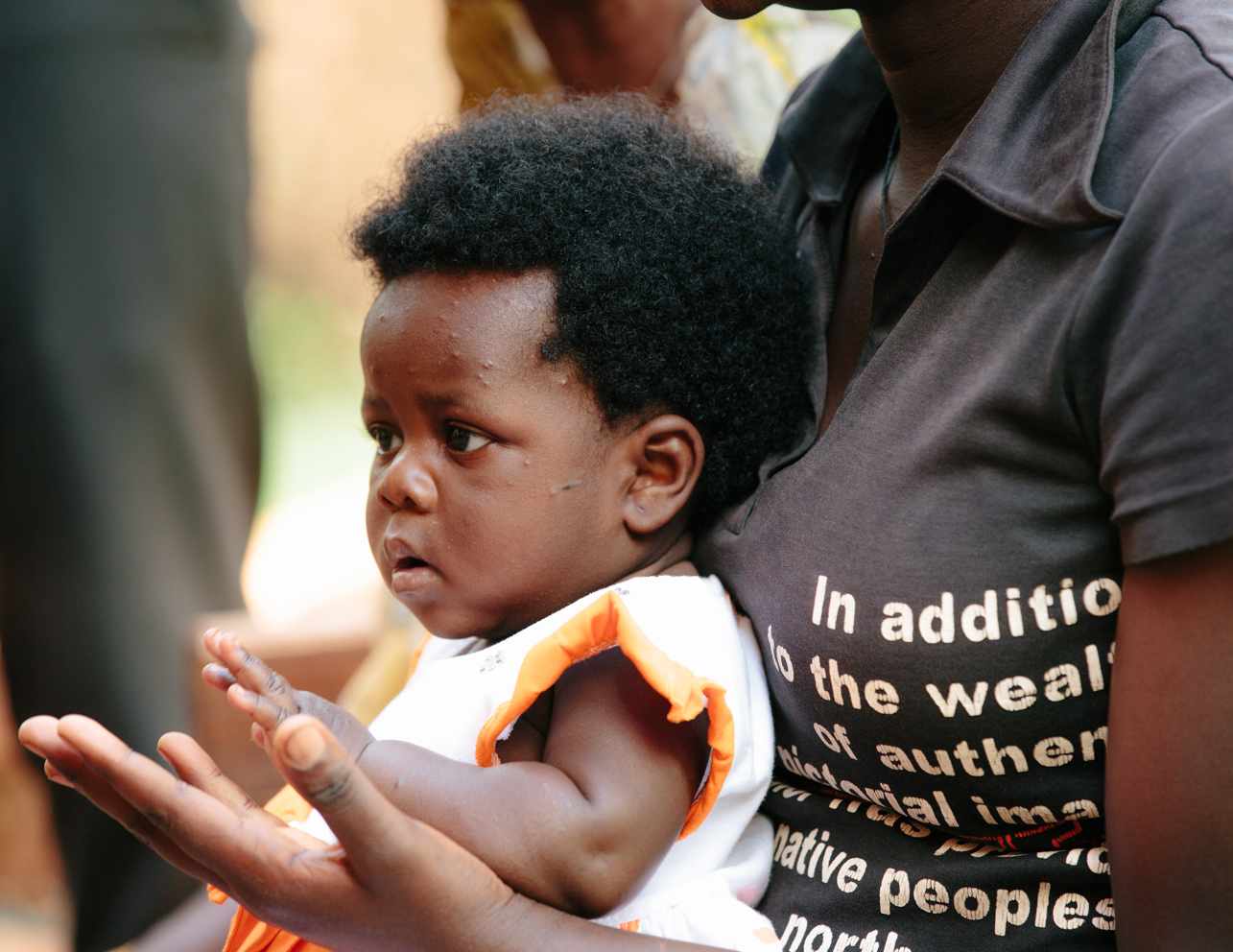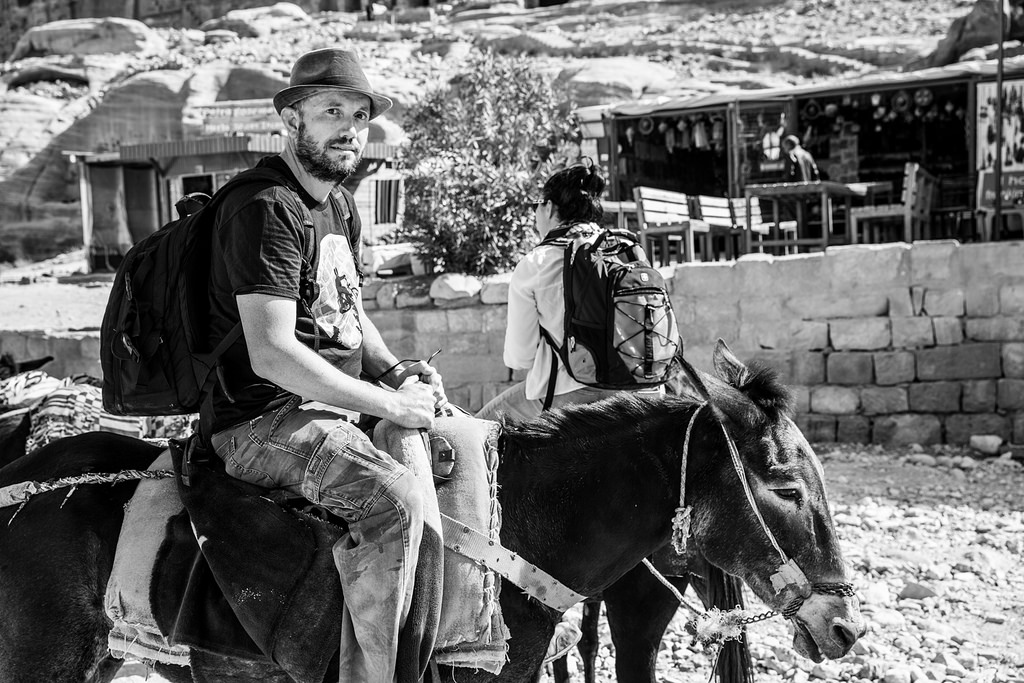Today’s post is a guest post by C. Christopher Smith, the found editor of The Englewood Review of Books
We live in an age of deep brokenness. The news has been full of many horrific tragedies in recent weeks: Israelis and Palestinians killing each other more aggressively than at any time in recent history, escalating conflict in the Ukraine that lead to a plane full of civilians being shot down, the Ebola virus raging across vast parts of Africa and on and on. What do we do as followers of Christ, called to be “ambassadors of reconciliation,” in the face of these gut-wrenching tragedies that are painful reminders that reconciliation between God, humanity and all creation is not only absent, but even difficult to imagine?
In our book Slow Church: Cultivating Community in the Patient Way of Jesus, John Pattison and I argue that our first response to such tragedy should be lament, mourning that we are part of God’s wonderfully inter-connected creation that so often seems hell-bent on destruction. Lament is, no doubt, a foreign practice amidst our technological age in which we have all sorts of devices to distract us, to save us labor and to steer us clear of any semblance of suffering or discomfort. And yet, lament is essential to being the compassionate people (literally those who suffer with) called to be followers of the compassionate Christ. Lament often helps us see our complicity in a tragedy and guides us into repentance and new ways of living and being that bear witness – even if in the tiniest of ways – that a different way is possible, one that emphatically proclaims that all has been reconciled in Christ and that all will ultimately be healed and made well in creation. John and I maintain that this process of lament and repentance should unfold in our church communities, where we begin to embody together a different way, the way of Christ’s reconciliation, among the neighbors who live in our particular place. In the words of the Apostle Paul, we (albeit slowly and haltingly) “become the righteousness of God.” [2 Cor. 5:21]
How might this work? Let’s consider a tragedy happening right now closer to home (or at least to my home in Indianapolis): the ecological disaster in Toledo, Ohio, water contaminated by the toxin microcystin. This toxin cannot be eliminated by boiling water (and boiling may very likely intensify its toxicity), and people with weak immune systems are also being instructed to avoid all contact with the water. Why is the water system in Toledo plagued by this toxin? The toxins are being created by the annual algae bloom in Lake Erie, which in turn is caused primarily by chemical fertilizers that are used in industrial agriculture and are running off into the waters of the Great Lakes. It is not difficult to see our complicity in this tragedy. My desire for fast and cheap food – for beef and chicken fattened at break-neck speeds on Midwestern corn, for soda and other products sweetened with High Fructose Corn Syrup, for cheap bread made with Midwestern wheat – has led to the citizens of Toledo being unable to drink or use their local water. These realities should give us pause, and lead us into lament and repentance. But I cannot do these things on my own; I need to be part of a church community that is nurturing a deep sort of economy among its members and neighbors, in order that alternative ways of eating and being can begin to be imagined and worked out – slowly and attentively – over time.
In the summer of 2010, in the wake of the BP oil spill, I was part of a group at Duke Divinity School’s summer institute (a group that included Norman Wirzba, Ragan Sutterfield, Chris Elisara and others), who penned a lament for churches in the wake of that ecological tragedy. It would not be difficult to adapt this lament in response to the water crisis in Toledo. For instance:
As followers of Christ, creator and redeemer of all creation, we mourn the water crisis in Toledo, and the toxic waters that are pouring out of Lake Erie and into homes. We mourn the disease and possible death posed to humans and animals, the economies and ecosystems destroyed, and the gifts of God, created from and for his love, squandered and poisoned. Most of all we mourn our complicity and active participation in a food economy based on toxic fertilizers that has made such illness and death inevitable.
We find our lives dependent upon the destructive forces that have been made visible in the Toledo water crisis, but which have been a sinful and deadly presence in creation for many decades now. We acknowledge that our current lifestyle of convenience, which drives the demand for cheap food is at the root of the problem and that the irresponsibility and hubris of agricultural industries and farms are only outgrowths of this deeper reality. As the prophets of old said, we hear the land witnessing and testifying against us.
We should lament the water crisis of Toledo, but we should not be hopeless. Rather, let us hope that God is at work in the midst of God’s people, transforming our hearts and minds and calling us to be communities that share a deeper life together, which bears witness among our neighbors – even if in the tiniest and feeblest of ways – that in Christ, all has been set right and all will ultimately in God’s time be reconciled.
——-
C. Christopher Smith is co-author of Slow Church: Cultivating Community in the Patient Way of Jesusand founding editor of The Englewood Review of Books. He is currently working on a book with the tentative title, Reading for the Common Good.
Viagra is for the treatment of inability to get or keep an erection and similar states when erection is of low quality. When you buy remedies like cialis from canada you should know about cialis online canada. It may have a lot of brands, but only one ATC Code. Erectile disfunction, defined as the persistent impossibility to maintain a satisfactory erection, affects an estimated 15 to 30 millions men in the America alone. Sexual health is an substantial part of a man’s life, no problem his age etc.




